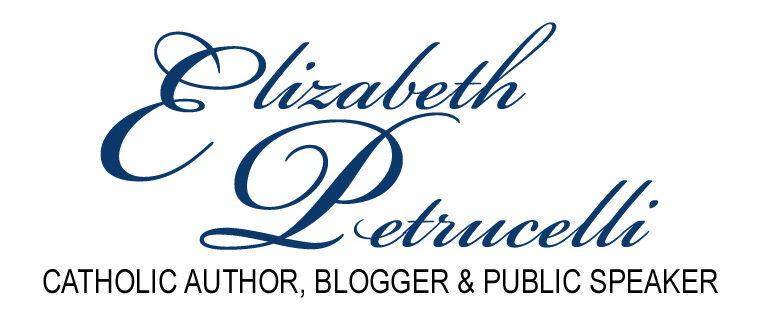Eighteen months ago, I embarked on a journey. A journey I have never been on in 26 years I have been employed. I have been relatively silent about this journey, mostly to protect myself from embarrassment and my current employer. But like most things, opportunities present themselves and doors are opened which allow the silence…

